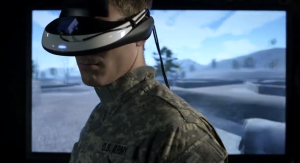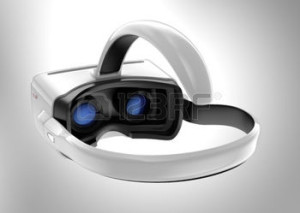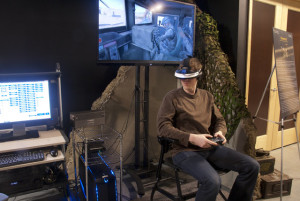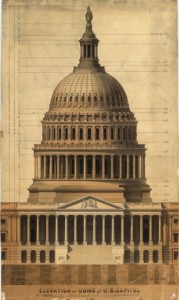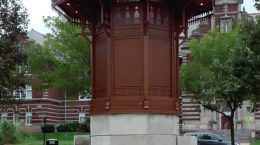VIRTUAL REALITY: HELPING OUR VETERANS RECOVER ONE VIRTUAL STEP AT A TIME
Virtual Reality Exposure Therapy Aimed at Providing Relief For Veterans Suffering From Post-Traumatic Stress Disorder.
Wars come and go but for the soldiers who fight them the memories associated with the horror of war never leave. In an effort to stave off symptoms associated with Post-Traumatic Stress Disorder (PTSD), which effects 1 out of every 5 returning service members, therapists have taken to a new and proven combination of technologies in order to reach their collective goal.
Virtual Reality is defined by Webster’s Dictionary as: “an artificial world that consists of images and sounds created by a computer and that is affected by the actions of a person who is experiencing it.”
After being diagnosed with PTSD and screened for candidacy, veterans are asked to describe the traumatic events they experienced overseas, often focusing on the events that cause them to suffer from a range of PTSD related symptoms.
Once the vet has given a detailed account of their traumatic event(s) a team of specialists get to work creating a tailor made scenario keeping the authenticity of the individuals trauma as a foundation to build upon. A virtual environment is then generated in order for that vet to relive their traumatic experience over and over again in a hopes to eventually desensitize the patient, this technique is often referred to as exposure therapy.
The staff at University of Southern California’s Institute of Creative Technologies have been hard at work the last few years creating a program named Bravemind for veterans suffering from PTSD. Using environment models such as the ones found on Xbox’s 2004 title Full Spectrum Warrior, teams have been able to piece together scenes depicting the events which have been identified as major contributors to the onset of PTSD in the former troops.
USC’s Institute of Creative Technologies stated their tech is, “Currently found at over 60 sites, including VA hospitals, military bases and university centers, ICT’s Virtual Iraq/Afghanistan exposure therapy approach has been shown to produce a meaningful reduction in PTS symptoms.”
For a Demonstration of Bravemind Click HERE
In addition to stimulating the oratory senses other stimuli are introduced such as: surround sound audio clips, vibrations delivered via body sensors and smells found on the battlefield to give the patient a more convincing experience while under the watchful eye of a trained therapist.
According to Usgovernmentspending.com, the United States of America spent 644.8 billion on what is labeled “Military Defense” and only 36.5 on “Healthcare R&D” in 2015, surely there is enough in Washington’s war chest to go around now that we are merely advisors in Iraq and slowly climbing back down the mountains of Afghanistan.
A report put out by the RAND Corporation, a nonprofit aimed at improving policy decisions for the US Government stated,
“The Army retains very little unutilized capacity to deploy additional active component soldiers without lengthening deployments or shortening the time between deploy- ments, both of which increase the burden on those who have already deployed.”
According to a 2014 article from the Huffington Post, “6,845 Americans died and 900,000 were injured in Iraq and Afghanistan”. That is almost one million wounded.
With more service members returning from multiple deployments and with more wounded soldiers surviving the physical damage then in any other American war, the need for state of the art treatments for state of the art soldiers makes sense.
How can society as a whole look itself in the mirror after watching the volunteers leave in droves and be ok with limited access to effective treatments for those who are lucky enough to return? Those volunteers are everyday citizens who simply answered their nations call to arms. Helping them recover is as honorable as their going to war.
Americans have been adapting to the ever-changing currents of technology since the dawn of the industrial revolution and with a little whisper, from one ear to the next, hopefully VR and exposure therapy become a common sight for all of of our Wounded Warriors.
#Veterans #VirtuaReality #PTSD #WoundedWarriors #NeedsFunding #VAHospitals
njscout82@Twitter.com

